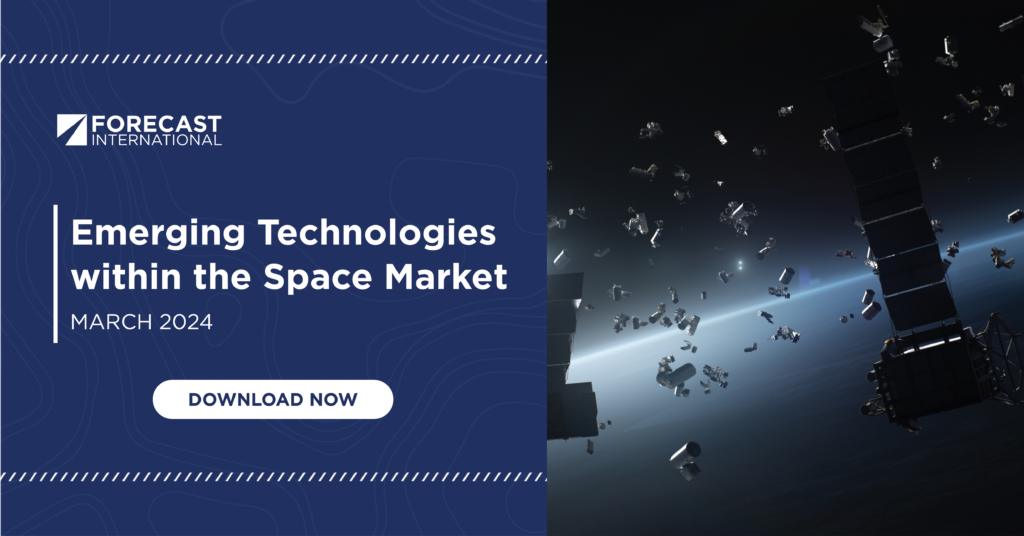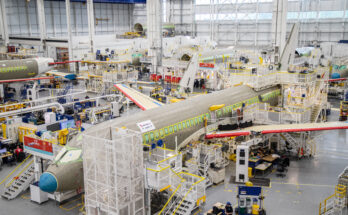Space exploration and utilization have historically been fraught with technical challenges. However, as the space economy matures and diverse actors – private companies, national organizations, and militaries – establish a permanent presence, new complexities emerge. Three key factors are shaping the evolving landscape of space operations: space debris mitigation, orbital refueling, and reusable rocketry.
Each of these factors presents both opportunities and challenges. Reusable launch vehicles, like SpaceX’s Falcon 9, are already revolutionizing the industry by reducing launch costs and promoting sustainability. Orbital refueling holds the potential to extend mission capabilities and unlock access to deeper space exploration. However, the growing presence of space debris necessitates innovative solutions to prevent potential collisions and ensure the long-term sustainability of space activities.
This Forecast International brief delves into the current state and future prospects of these transformative technologies, examining their impact on the evolving space ecosystem. We will explore the technical considerations, economic implications, and potential challenges associated with each, ultimately seeking to answer the question: Where is the space industry headed in light of these emerging trends?
Carter Palmer has long held a keen interest in military matters and aviation. As a FI's space systems analyst he is responsible for updating the reports and analyses within the Space Systems Forecast – Launch Vehicles & Manned Platforms and Space Systems Forecast – Satellites & Spacecraft products.





